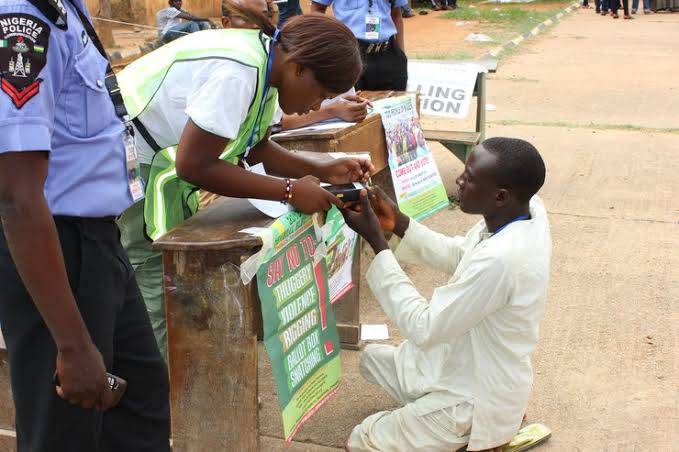Ondo Election Scandal: PDP Accuses APC Of Splurging N35bn On Vote-Buying
The People’s Democratic Party (PDP) has accused the All Progressives Congress (APC) of deploying a staggering sum of N35 billion for vote-buying in the recently concluded Ondo State gubernatorial election. This allegation has sparked widespread controversy, adding fuel to Nigeria's long-standing debate over electoral integrity and the role of money in politics.
In a statement issued by the PDP spokesperson, the party claimed that the APC used state resources and financial muscle to influence voters, undermining the democratic process. “We have credible intelligence that the APC deployed N35 billion to subvert the will of the people in Ondo State. This is not only an affront to democracy but also a grave injustice to the Nigerian people,†the statement read.
The PDP's claim revolves around reports of widespread vote-buying during the election, where voters were allegedly induced with cash and other material incentives. Observers from civil society organizations also reported isolated incidents of voter inducement but stopped short of confirming the scale alleged by the PDP.
However, the APC has denied these allegations, describing them as baseless and an attempt by the opposition to explain away their defeat. A spokesperson for the ruling party stated, “The APC ran an issue-based campaign and won fair and square. The PDP should accept the will of the people instead of resorting to wild accusations.â€
Vote-buying has become a recurring issue in Nigeria’s elections, often undermining the credibility of electoral outcomes. Analysts argue that the weaponization of poverty has made voters susceptible to financial inducements. For many Nigerians, elections are seen as an opportunity to receive short-term financial relief rather than an exercise of democratic rights.
“The real issue lies in the systemic poverty and lack of voter education,†said political analyst Dr. Adebayo Lawal. “As long as politicians exploit these vulnerabilities, the cycle of vote-buying will persist.â€
The allegations have reignited calls for electoral reforms to curb the influence of money in politics. Civil society organizations and electoral watchdogs are urging the Independent National Electoral Commission (INEC) to enforce stricter measures to deter vote-buying.
INEC has acknowledged the challenges posed by financial inducements but insists that tackling the issue requires a multi-stakeholder approach. “We need the collaboration of law enforcement, political parties, and civil society to address this menace effectively,†an INEC representative stated.
As the dust settles on the Ondo election, questions linger about the integrity of Nigeria’s democratic process. Whether or not the PDP’s allegations hold water, the broader issue of vote-buying remains a significant threat to free and fair elections in the country.




No comments yet
Be the first to share your thoughts!